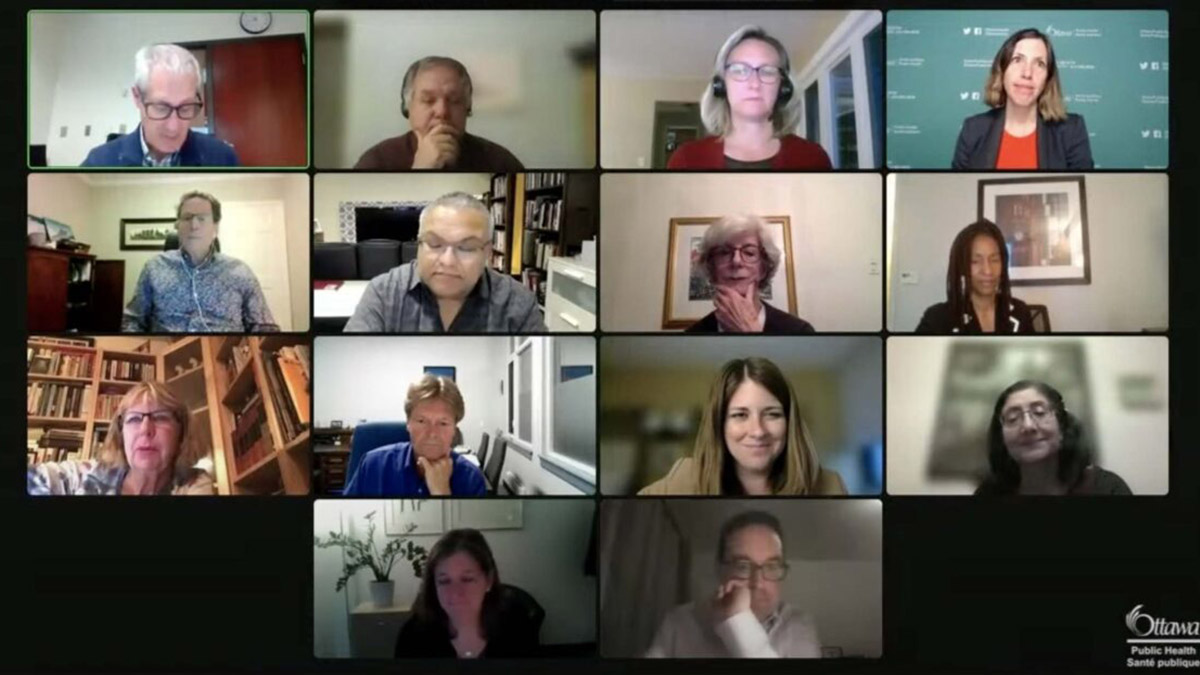Ottawa Public Health says new drug-testing machines will be installed in consumption and treatment centres — also known as supervised injection sites — and that the agency will post drug test results online, measures meant to help address the rising rates of drug use and overdoses in the city.
During a meeting Board of Health meeting Sept. 18, Ottawa’s Medical Officer of Health laid out the grim statistics.
“2017 is when we first declared the overdose crisis,” said Dr. Vera Etches. “Since then, Ottawa has seen a significant rise in non-fatal drug use and drug overdoses.”
Etches explained this is worsened by the increasingly toxic and unpredictable supply of unregulated drugs and rising unmet needs for health and social-service supports.
Deaths due to accidental alcohol and drug toxicities increased by 37 per cent between 2020 and 2021, according to a report done by Public Health Ontario, and this increase continues. Forty-nine people have died from overdoses in Ottawa so far this year based on data from OPH. These numbers disproportionately affect the younger populations and come primarily from an unregulated drug supply, with fentanyl claiming the most lives.
Posting drug test results online is intended to help educate people in the community on the unregulated supply of drugs in the city. There is yet to be a release date for this data.
“I think it’s important for people to know what’s out there,” said Kira Mandrynk, Program Manager of Sexual Health and Harm Reduction Services at OPH, during the meeting.
Rideau-Vanier Counc. Stéphanie Plante, whose ward includes the Byward Market, shared some grim statistics of her own during the meeting.
“Since I was sworn in in November 2022, I’ve had 734 emails related to social disorder issues in and around consumption sites, 932 emails about the Byward Market and 1,067 emails about homelessness,” she said, adding that different levels of government need to do a better job collecting and sharing data about these issues.
Whatever the different possible solutions, some speakers at the meeting emphasized the need for the community to be involved.
“To accomplish anything constructive, you need to get buy-in from the community we’re trying to serve,” said Steve Ball, President of the Ottawa Gatineau Hotel Association.
Some citizens, like Louise Lapointe from Action Sandy Hill, believe more action is needed. She emphasized including affected residents and businesses in task forces and strengthening property-related bylaws.
Counc. Marty Carr (Alta Vista) introduced a motion during the meeting, recognizing the urgency of the situation. “This complex issue requires a broad, multifaceted response,” said Carr.
Carr’s motion, which was carried, does not provide a quick solution, rather serves as a symbol of commitment to addressing the opioid crisis Ottawa faces. The motion seeks to enhance public awareness, implement ongoing strategies, develop a comprehensive multi-sector overdose response plan, and improve data collection for informed policymaking.
In closing remarks, Carr reflected on the emotional testimonies and the need for data-driven solutions. The motion underscored the urgent need for a much more comprehensive response to the opioid crisis.
The Ottawa Board of Health will meet again on Nov. 6, 2023 to discuss the effectiveness of current and future mitigation strategies around the opioid crisis.




